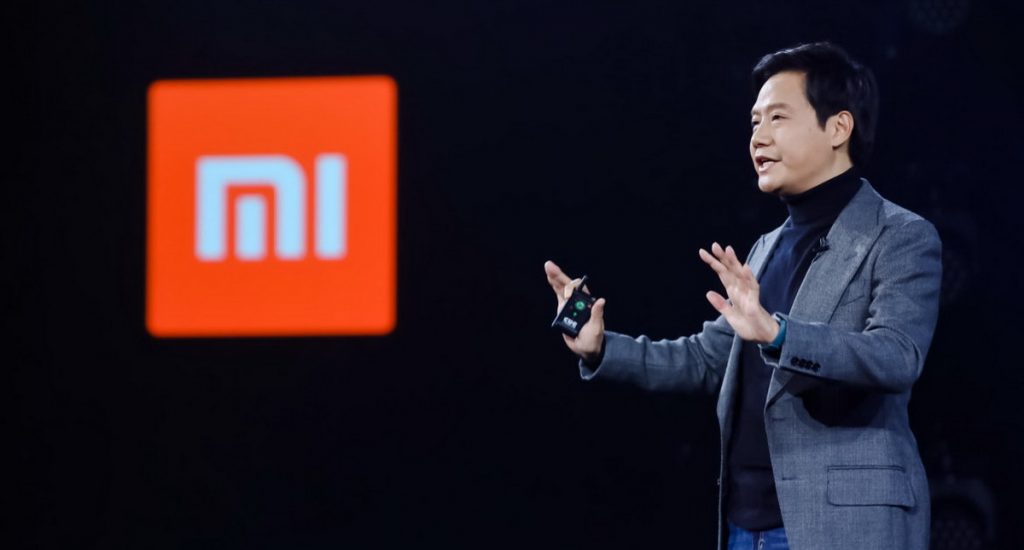Chinese technology giant Xiaomi has yet to unveil its first electric vehicle but has ambitious aims of establishing itself as one of the world’s largest car manufacturers.
Xiaomi Automobile was launched in September 2021 with $1.39 billion in funding and has been hard at work developing EVs in the 14 months since. While the company has no prior experience in the automotive industry, Xiaomi founder Lei Jun recently took to Twitter to state that Xiaomi hopes to sell more than 10 million vehicles annually.
“The manufacturing threshold of EVs has been dramatically lowered compared to gasoline cars: 30,000 components are highly modular, and the cost of batteries has fallen by 80% in the past ten years (with at least 50% more room for cost reduction in the future),” Lei said. “Therefore, I think EVs are a form of consumer electronics with intelligentization, software, and user experience at the core. The essence of the auto industry will evolve from mechanics to consumer electronics, where market share is highly concentrated among the top players.”
The manufacturing threshold of EVs has been dramatically lowered compared to gasoline cars: 30,000 components are highly modular, and the cost of batteries has fallen by 80% in the past ten years (with at least 50% more room for cost reduction in the future).
— Lei Jun (@leijun) October 19, 2022
Lei went on to say he thinks the world’s top 5 brands will hold more than 80 per cent of EV market share when the industry reaches maturity.
Read: Smartphone-Maker Xiaomi Might Join Forces With China’s BAIC To Build EVs
“In other words, the only way for us to succeed is to be one of the top 5 and ship more than 10 million cars annually. The competition will be brutal,” he said.
To put that figure into perspective, the world’s two current largest car manufacturers, Toyota and the Volkswagen Group, each sell around 10 million vehicles annually. Xiaomi’s founder obviously thinks quite similarly to Tesla’s Elon Musk who has said his brand could produce up to 20 million vehicles annually in 10 years.
In September, it was reported that Xiaomi had finished building the first engineering prototype of its first EV that’s planned for a launch in 2024. Very few details about the vehicle are known but it could be offered with 400-volt and 800-volt architectures and offered with BYD’s Blade-style battery cells and CATL’s Kirin battery.
I’m convinced that the world’s top 5 brands will hold more than 80% of the market share when the EV industry reaches maturity. In other words, the only way for us to succeed is to be one of the top 5 and ship more than 10 million cars annually. The competition will be brutal.
— Lei Jun (@leijun) October 19, 2022




